EJ Obiena: From Tondo to triumph
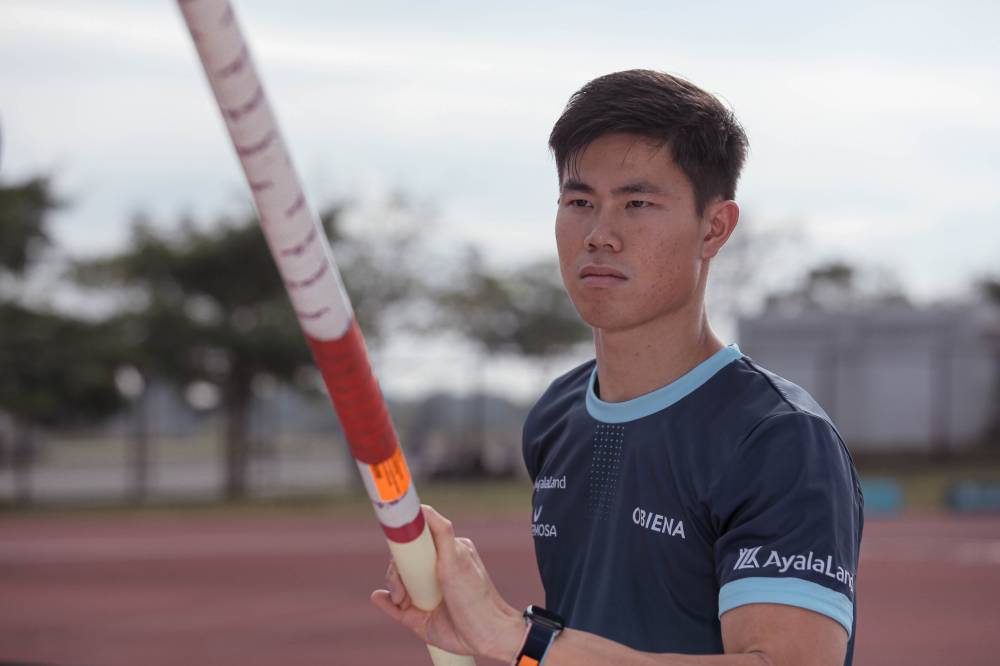
Ernesto “EJ” Obiena, a 28-year old Filipino Olympian and pole vaulter, has once again showcased his talents on the world stage, representing his country. But before his international success, Obiena was an average kid and a passionate sports fan, always looking up to his role models: his father Emerson, a former national athlete in pole vault, and mother Jeanette, a collegiate player in hurdles. Obiena and his sister Emily grew up appreciating sports that they went on becoming competitive athletes.
Obiena feels blessed that “he was born in a family that’s very focused on sports.” This somehow eased the living conditions in their residence on R. Papa Street within the vicinity of the LRT station in Tondo, Manila.
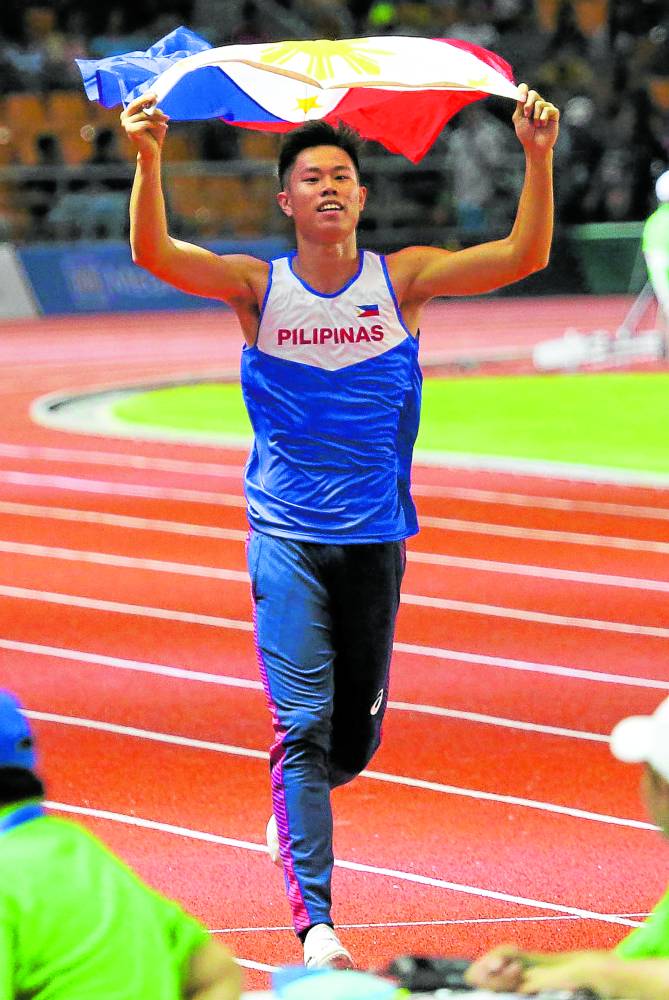
PHOTO BY MARIANNE BERMUDEZ
“It’s one of the probably lowest areas in Manila,” he says during a talk with executives of Ayala Land. Obiena trains at the Ayala Vermosa Sports Hub (AVSH) inside Vermosa Estate in Imus, Cavite whenever he’s in the country. “I remember growing up, it flooded whenever rains were heavy. You’ll hear gunshots from right around the corner. Probably not the easiest neighborhood to grow up in.”
His Journey
Obiena recalls grabbing his first pole vault, or stick, as he calls it, at age 5, and always looked forward to tagging along with his father during training at the Rizal Memorial Stadium in Malate. Three years later, when he had grown a bit taller, his father enrolled him in his first sports clinic for pole vault. “This is where I joined a bunch of kids train in pole and try to understand how to run with it, how to jump with it, how to actually, I would say, vault,” he says.
In 2008, then 13-year-old Obiena participated in his first competition, though pointing out now while playing a video clip of it, “I’m not jumping the right way. It’s upside down, twisting in opposite directions.” He continued training until he felt ready to compete in Palarong Pambansa, an annual multi-sport meet among student-athletes in all 17 regions. His performance in the 2011 edition held in Dapitan City in Zamboanga de Norte didn’t merit a medal, but he considers that period as one of his peaks as a teenage athlete primarily because he says “I was able to represent the region that I was born with in a nationwide competition.”
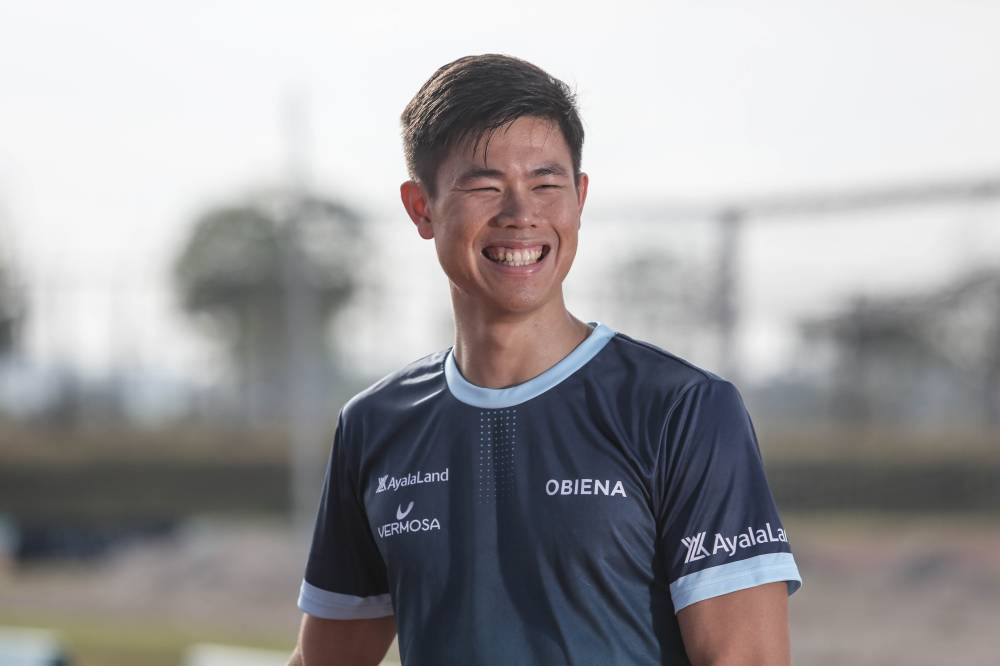
Two years later, the rising star in pole vault “took a leap” by representing the country in various and multiple competitions. He won the gold medal in his event at the 75th Singapore Open with a mark of 4.75 meters, breaking the previous Philippine junior record of 4.54 meters that he himself made during the Philippine National Games held earlier that year. Later on, he established a new record of 4.90 meters and bagged the gold in the Hong Kong Inter-City Athletics Challenge in Hong Kong.
By 2015, Obiena remembers that a lot of doors were opening for him, foremost of which was the opportunity to train in the Italian city of Formia under renowned athletics coach Vitaly Petrov. The following year, the mentorship resulted in Obiena’s stellar performance at the Singapore National Open, where he broke the 18-foot barrier and set a new national record at 5.55 meters. But his goal of competing in his first Olympics, which took place in Rio de Janeiro in Brazil that year – 2016, didn’t materialize, explaining now that it was “a bit too early for me at that time.”
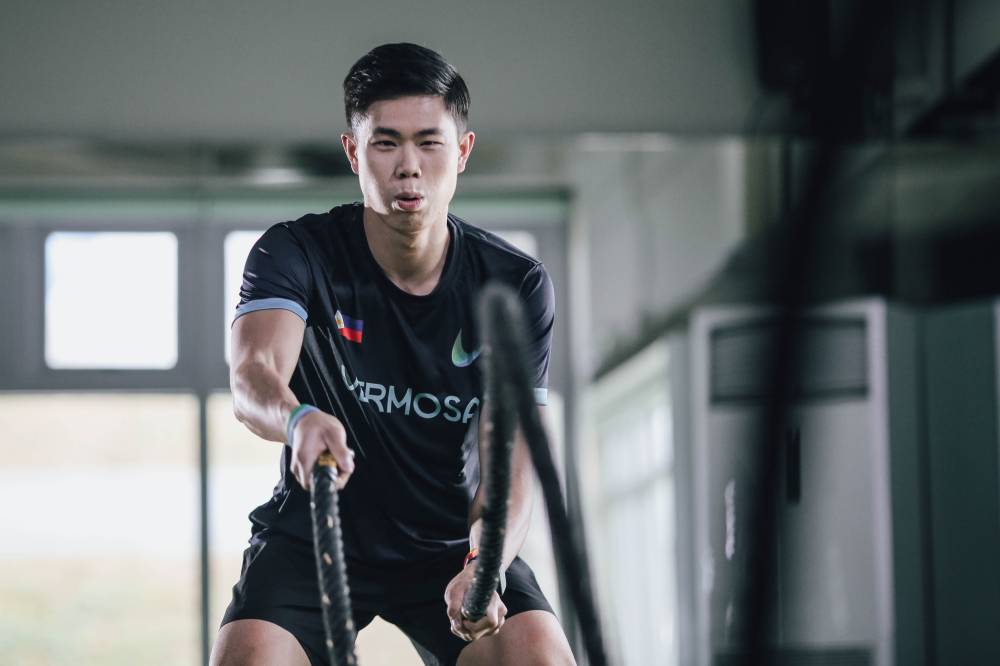
Nevertheless, the Filipino pole vaulter continued to shine in competitions, such as the 2017 Asian Championships held in India, where he won the bronze medal as his first regional prize. He went on breaking into the Top 30 world rankings, but had to step back when he injured his left knee. He underwent an anterior cruciate ligament (ACL) surgery that sidelined him for seven months to fully recover.
Bouncing back
Obiena looks back on that trying period of his athletic life with introspection. “I tore my ACL the night before I was supposed to fly for the Southeast Asian Games in Kuala Lumpur. I was expected to win. This was the year I was considered a world-class athlete, but in a snap of the fingers, I was down on my knee. I couldn’t do simple things I was supposed to do, [like] walk. I was 30th in the world. I was considered the best in Southeast Asia. I was supposed to bring home the gold. But in a split-second decision, I made a wrong move, landed on my left knee, twisted and tore two ligaments. Next thing you know, I needed a reconstruction ACL surgery.”
He then started his recovery with the primary help of his good friend and mentor, James Lafferty. “This was two, three days after the surgery. We’re doing core workouts. This was basically getting my fitness back to where it should be. Even though my knee needed time to recover, everything else needed to be worked toward that success,” he says, pointing out that there were many others who helped him. He gives special mention to Philippine Basketball Association (PBA) player Kelly Williams, who also went through hardships in his career. “I was able to take pointers and learn from someone who has experienced more than me, to be able to fulfill that comeback story of mine.”
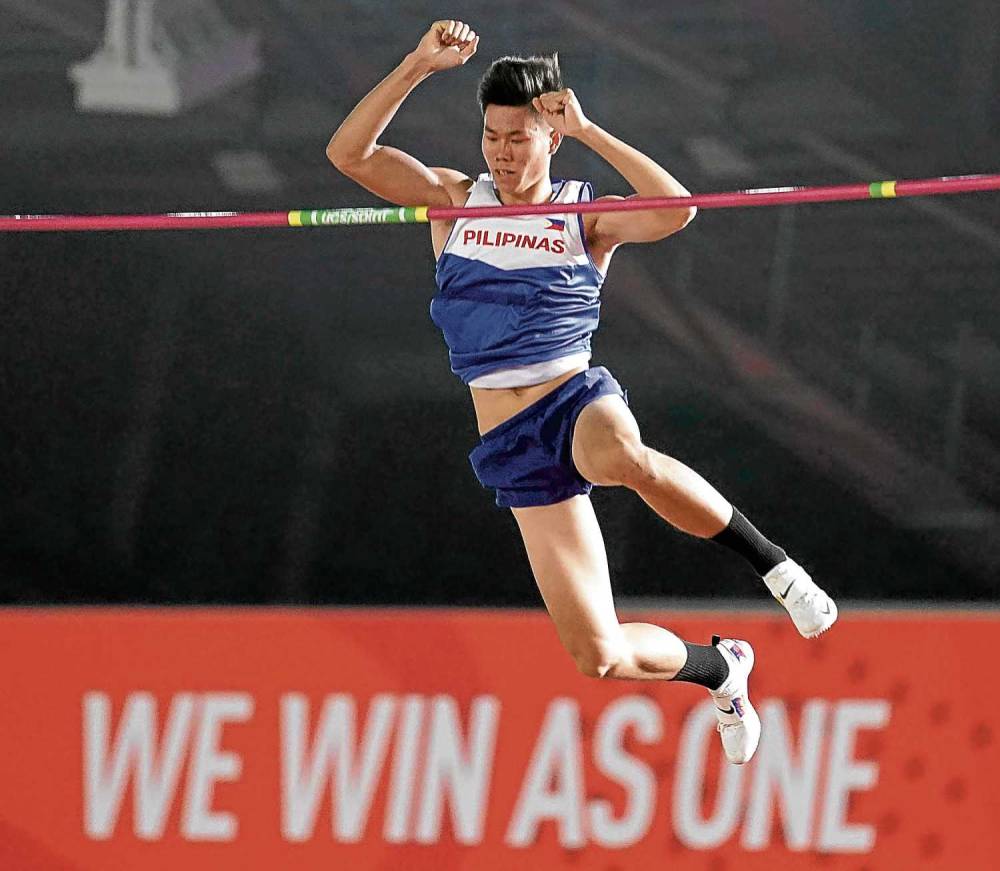
Pole Vaulter Ernest John Obiena wins Gold during the 30th Seagames at the New Clark City.
MARIANNE BERMUDEZ/ INQUIRER
Step by step, Obiena climbed his way back to top of his game, starting with the 2018 Asian Games in Indonesia, where he finished seventh. In 2019, he competed in the World Championships in Doha, Qatar, that had him landing in the 15th spot in world rankings. Three years later, he moved up to third rank due to his exemplary performance in the meet held in Eugene, Oregon. That same year, he dominated the 2022 Asian Games pole vault with a clearance of 5.90 to claim the gold medal.
In 2021, he finally joined the Olympics, held in Tokyo, Japan, and finished 11th with a result of 5.70. He went back to his winning streak in 2023, when he finally cleared 6.00 meters to earn the number two rank in the world. Then, at the recently concluded Paris Olympics, he narrowly missed the podium and ended in fourth place.
Winning ways
“Success is just the tip of the iceberg,” Obiena says. “Then there’s hard work, persistence, late nights, multiple rejections, sacrifices. A lot of days you need discipline. Criticisms, doubts, failures, and a lot of risks. I do believe what helps anyone who reaches success are three simple steps. A mentor told me about this.”
He goes on to enumerate these steps: determine what you want, determine the price, and pay the price. In paying the price, there are three key factors to consider, namely patience, the good get up, and discipline. His patience, he says, was developed during his growing up years in Tondo and fortified when he took up pole vault. “I vaulted for 10 years to be part of the Philippine national team. I vaulted, more or less, 15 years to win my first national title. To qualify for my first Olympics, I trained probably 20 years.”
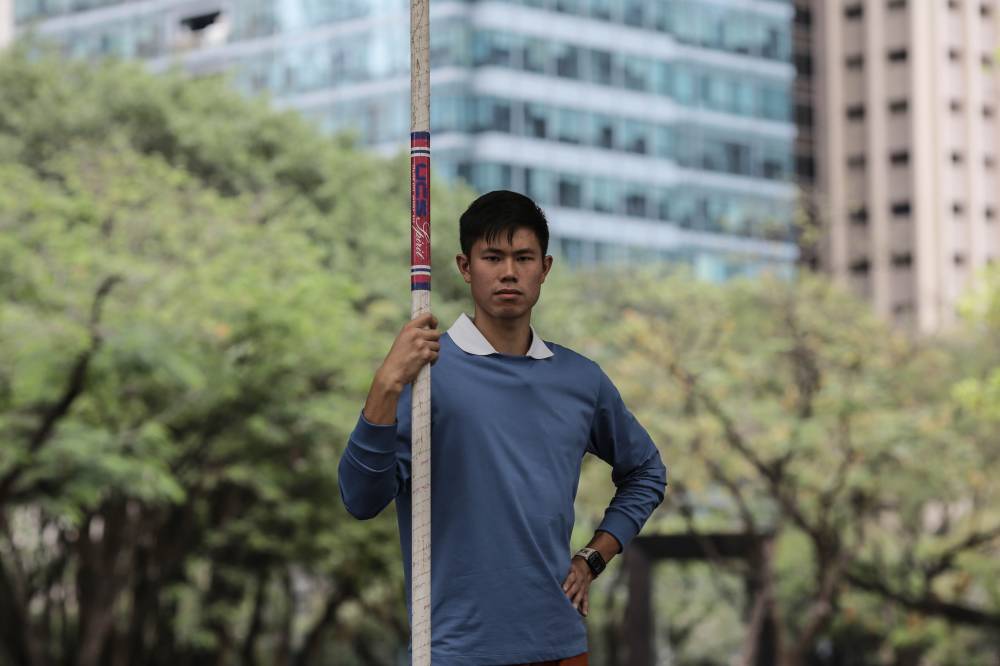
Obiena says he subscribes to the 10,000-hour rule introduced by Malcolm Gladwell in his book “Outliers: The Story of Success,” which states that it takes a minimum 10,000 hours to acquire a skill. He points out, “It might be being a good doctor, athlete, pianist, guitarist, any skill in life. It takes 10,000 hours, more or less, to practice. In my experience, I agree.”
As for the good get up concept, he mentions a quote from the great boxer Muhammad Ali: “Everybody gets knocked down in life. There ain’t nothing wrong with getting knocked down. But the good get up.” He then elaborates, “Things happen. Bad things happen. One second, you’re one of the best in the world. The next thing you know, you can’t walk.” His knee injury is one example. “All these happen for a reason or not, but one thing’s for sure: the good get up.”
Paying the price
Obiena defines discipline as a way of life. “I do believe this is the most important key to officially pay the price. Discipline for me is doing the things that you don’t want to but you need to.”
He gives as an example his rigid daily routine and daily meals. “It’s not every day that I wanna wake up at 7 a.m. and prepare my breakfast. It’s not everyday that I want to train twice a day, four hours each. It’s not every day that I want to eat the good and what needs to be eaten.” But he chooses to do them because it’s part of his discipline as an athlete. And he gets to loosen up a bit, eat some of his favorite foods, during off-season.
“If you ask me if it’s better doing all of this,” he says, “paying the price is worth it.”
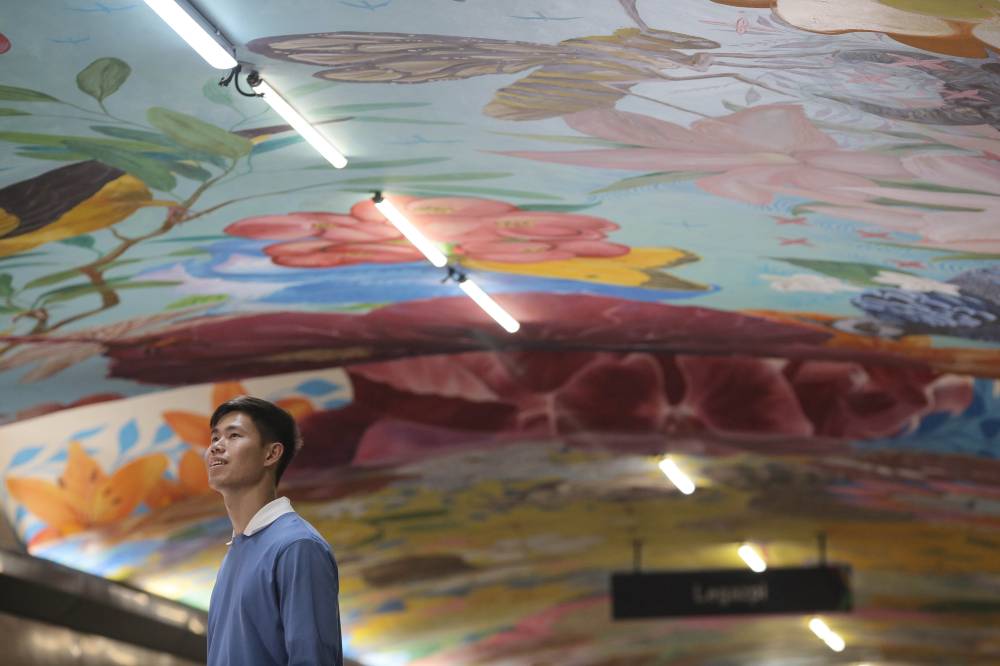
That’s why Obiena is off to training again soon, just weeks after the Paris Olympics. More than ever he’s hungry to do his best in the 2028 Los Angeles Olympics, now wiser with the lessons from the past games.
He writes in an Instagram post, “The measure of a man or woman is NOT a singular event—like the Olympics—but a cumulative or collective measure over time. I finished fourth in Paris, close but not good enough. I am not measured by this. I am measured by my career. I commit to everyone now, I am back in training, I am back in the game, and I am going to attack the rest of the season and make you proud. You are going to see more from me, and see the Philippine flag raised and raised on a global stage.”
And Obiena will not stop there. He’s also helping a new generation of athletes reach their own dreams, possibly all the way to the Olympics, through his advocacy work, “Katapulting an Athlete’s Dream.” It organizes events, notably an auction of Obiena’s gears used in competitions that earned him gold medals and other prized sports memorabilia, to generate funds that will aid in addressing, for instance, lack of sufficient training facilities and equipment in the country. His father Emerson lends a helping in the training aspect of the initiative.
This may pave the way for another determined and hardworking athlete like Obiena to the world

















